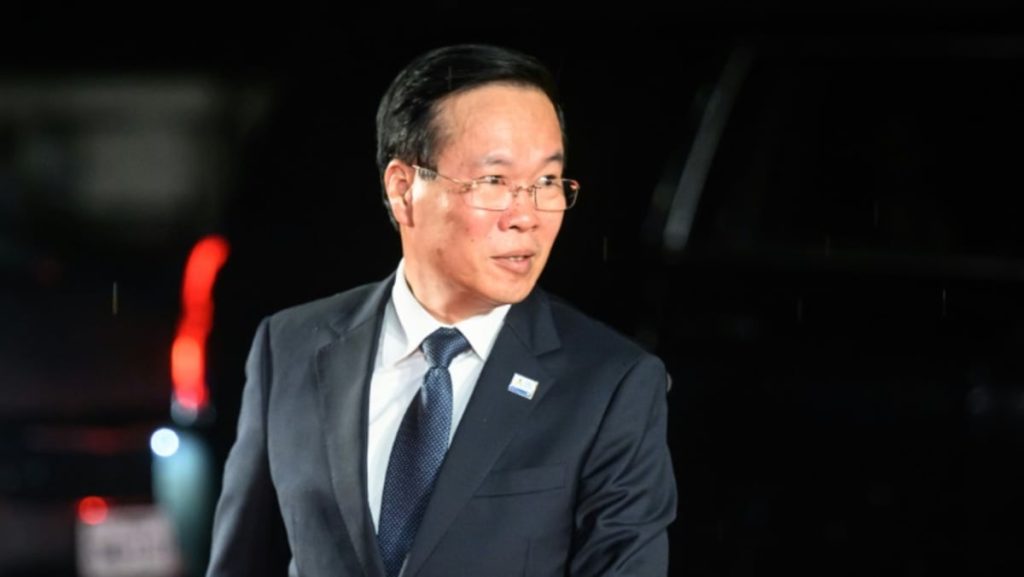sudden death of his predecessor. The move comes as the country faces multiple challenges, including a struggling economy, political unrest, and the ongoing COVID-19 pandemic. Thuong’s resignation has raised questions about the stability of Vietnam’s leadership and the effectiveness of the Communist Party in managing the country’s affairs.
Thuong, a veteran party official, was appointed as president last year following the unexpected death of his predecessor, Tran Dai Quang. Prior to becoming president, Thuong held various positions within the party, including head of its propaganda department. His brief tenure as president was marked by a series of controversial decisions, including crackdowns on dissent and media censorship. Despite these issues, Thuong was seen as a loyal party member and a staunch advocate for the party’s policies.
The Communist Party’s decision to force Thuong’s resignation highlights the internal power struggles within the party and the challenges it faces in maintaining control over the country. Vietnam’s one-party system has long been criticized for its lack of transparency and accountability, and Thuong’s resignation has only added to the doubts surrounding the party’s ability to govern effectively. The ongoing economic difficulties and political unrest in the country have also raised concerns about the party’s ability to address these challenges.
With Thuong’s resignation, Vietnam now faces the task of appointing a new president amid growing uncertainty and instability. The next president will be tasked with addressing the country’s economic woes, managing political dissent, and navigating the ongoing impact of the COVID-19 pandemic. The selection of a new president will be closely watched both domestically and internationally, as it will offer insights into the direction Vietnam’s leadership is headed and the party’s ability to adapt to changing circumstances.
The resignation of Thuong and the search for a new president come at a critical time for Vietnam, as the country grapples with a number of pressing issues. The COVID-19 pandemic has taken a toll on the country’s economy, with businesses struggling and unemployment on the rise. Political unrest has also been on the rise, with protests against government policies becoming more frequent. In this uncertain environment, the appointment of a new president will be crucial in determining the country’s political and economic future.
Despite the challenges facing Vietnam, the country has shown resilience in the face of adversity. The Communist Party has weathered previous crises and has managed to maintain its grip on power. The appointment of a new president will provide an opportunity for the party to demonstrate its ability to adapt to changing circumstances and address the country’s pressing issues. As Vietnam continues to navigate these challenges, the leadership of the country will play a crucial role in shaping its future and determining its place on the global stage.


